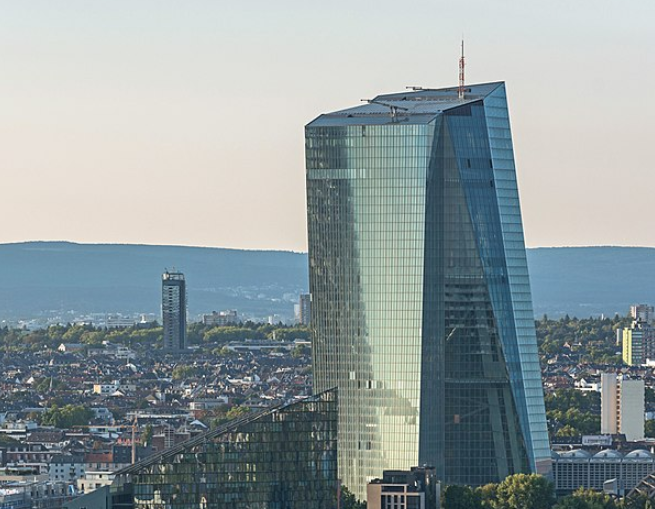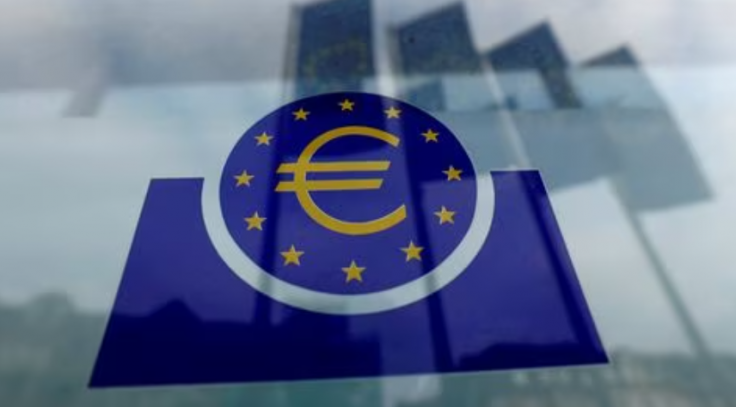Second quarter GDP growth data for the Euro zone showed that the region performed better than expectations and that a technical recession announced three months ago was a false flag.
Gross domestic product (GDP) in the 20-member euro currency zone expanded by 0.3 percent in the second quarter, beating a 0.2 percent growth estimate given by economists polled by Reuters.
More significantly, the latest data set by the Eurostat showed that the region's economic growth in the first quarter of the year was 0 percent, as against an initial calculation of economic contraction in the region.

Narrowly Avoids Recession
The Eurozone economy had shrunk in the last quarter of 2022, and a contraction in the first quarter this year meant the region had slipped into recession. However, the latest data shows the 20-member zone has narrowly avoided a recession. "An upward revision to past data means that the eurozone avoided a technical recession across the final quarter of 2022 and first quarter of 2023," said Pushpin Singh, a senior economist at the consultancy CEBR, according to the Guardian.

Among the large economies, Germany and Italy recorded sluggish GDP, with Germany showing flat GDP growth and Italy falling back to -0.3 percent. On the other hand, France and Spain reported better performance, with French GDP growth rising to 0.5 percent from 0.1 percent and Spain recording 0.4 percent growth as against 0.5 percent in the previous quarter.
Inflation Data
Data released on Monday also showed that headline inflation in zone edged down to 5.3 percent in July from 5.5 percent registered in June. At the same time, the inflation rate in the region is above the European Central Bank's target range of 2 percent.
The softening of inflation would give rise to the hopes that the European Central Bank (ECB) would end its rate-hike regime soon. ECB raised rates by 25 basis points last week, bringing the benchmark rates in the region to 3.75 percent.
However, some economists believe that the better than expected showing of the economy will prompt the ECB to raise the rates at least once more. The ECB will hold its next policy meeting in September, at which it is likely to raise the rate again to tame growth and keep inflation in control.
"Coupled with scary-looking second-quarter wage data, we still think that the ECB hawks will successfully push for one final hike in September, before the data turn decisively against them. This is a close call," said Claus Vistesen, the chief eurozone economist at Pantheon Macroeconomics, according to Reuters.








